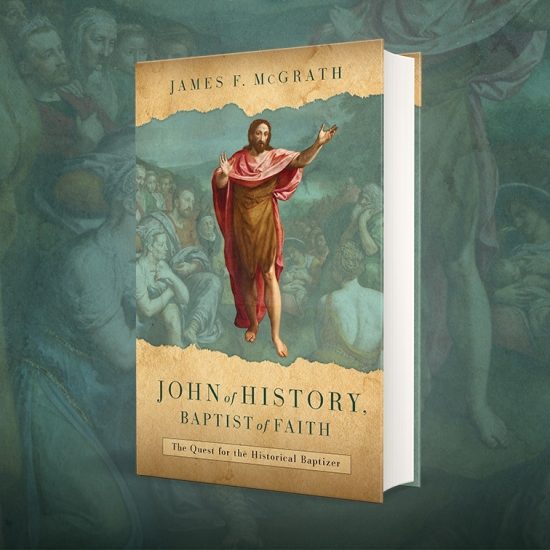No one knew exactly what to do with Jesus during the week culminating with his resurrection.

Bill Webb
|
During that last week, he experienced the jubilation of a welcoming crowd and the frenzied hatred of a mob; he heard affirmations of undying loyalty from his disciples and then watched as every one fell away; and he received an initial acquittal from Pilate before the Roman governor capitulated to Jesus' accusers and handed him over for execution.
The confused disciples shared the Passover meal with the self-disclosed Messiah but were not quite sure they would allow him to lower himself to the point of washing their feet, a common but not universal expression of hospitality. During his agonizing after-dinner prayer time in Gethsemane, they repeatedly dozed, obviously not sensing the significance of his conversation with God.
It was during this time in the garden that Judas the betrayer appeared with a crowd sent from the high priests and elders and armed with swords and clubs. Judas identified Jesus to the crowd with what literally became a kiss of death. Initially, Peter fulfilled his promise of fighting to protect Jesus, taking a sword and slicing an ear from the servant of the high priest. Only Luke's Gospel reports Jesus paused to heal the wound.
The Gospel writers include significant details about Jesus' arrest and the response of his disciples, among them Judas' suicide and Peter's three denials that he even knew the one he had sworn to serve.
Hauled before the Sanhedrin and Caiaphas the high priest, Jesus was pronounced a blasphemer. According to one witness, Jesus had said that he was able to destroy the temple in Jerusalem and then rebuild it in three days. When asked by Caiaphas if he was indeed "the Christ, the Son of God," Jesus acknowledged that he was. Immediately, the Sanhedrin pronounced Jesus worthy of death and several people present took the liberty of spitting in his face, striking him with their fists and slapping him mockingly before delivering him to Pilate.
For many reasons, this was a case that Pilate did not want. His initial report to the high priest was that he could find nothing in Jesus that merited execution. The governor ascertained in at least one Gospel account that this group of leaders were motivated by their jealousy of Jesus. John records that Pilate repeatedly tried to set Jesus free but to no avail.
With religious and political tensions high in Jerusalem during the Passover, the Roman leader presented the high priest and the people with an option: He would either release Jesus or the infamous Barabbas, who had been arrested after leading a rebellion. To Pilate's surprise, the crowd called for the release of Barabbas and the crucifixion of Jesus.
Finally, Pilate gave the order and the soldiers in charge of executions took Jesus to a hill called Golgotha, where he was nailed to a cross between two criminals, the centerpiece of a triple execution.
The Bible is graphic in its recording of the details of Jesus' treatment and the extent of his physical injuries and humiliation. As a result of the brutality he experienced, death came relatively quickly.
Before Jesus had breathed his last, he proclaimed blessings upon those around him and prayed for them.
From the cross, Jesus instructed John to care for his mother, Mary, in his absence. At the request of one the prisoners, Jesus gave the assurance, "I tell you the truth, today you will be with me in paradise" (John 23:43, NIV). To all who were directly responsible for his crucifixion, Jesus prayed from the cross, "Father, forgive them, for they do not know what they are doing" (John 23:34a, NIV).
Obviously unaffected by that prayer, the soldiers then divided up his clothes and gambled for them, according to John.
We celebrate what is generally regarded as the most significant of Christian holidays — Easter — not simply because of the sacrificial death of the Messiah but because of the promised resurrection.
On the third day, the sun rose to reveal a risen Son, the fulfillment of Scripture, and eternal victory over death itself. On this day, misused religious and political authority and raw force yielded to the power of God. God had turned the tables. It is the risen Christ who gives mankind hope in the present, the future and eternity itself. For Christians, this is where faith finds its fulfillment.
People are still not sure what to do with Jesus. Some deny he exists. Many reject a relationship with him. Tragically, others haven't even heard of him. Many of us can testify that we have been drawn to faith in Christ and that this is our reason for living.
The sacrifice and resurrection of Christ makes the Easter story one that people must read in the Bible, hear from believers and see in the lives of the faithful.
Bill Webb is editor of Word&Way.






